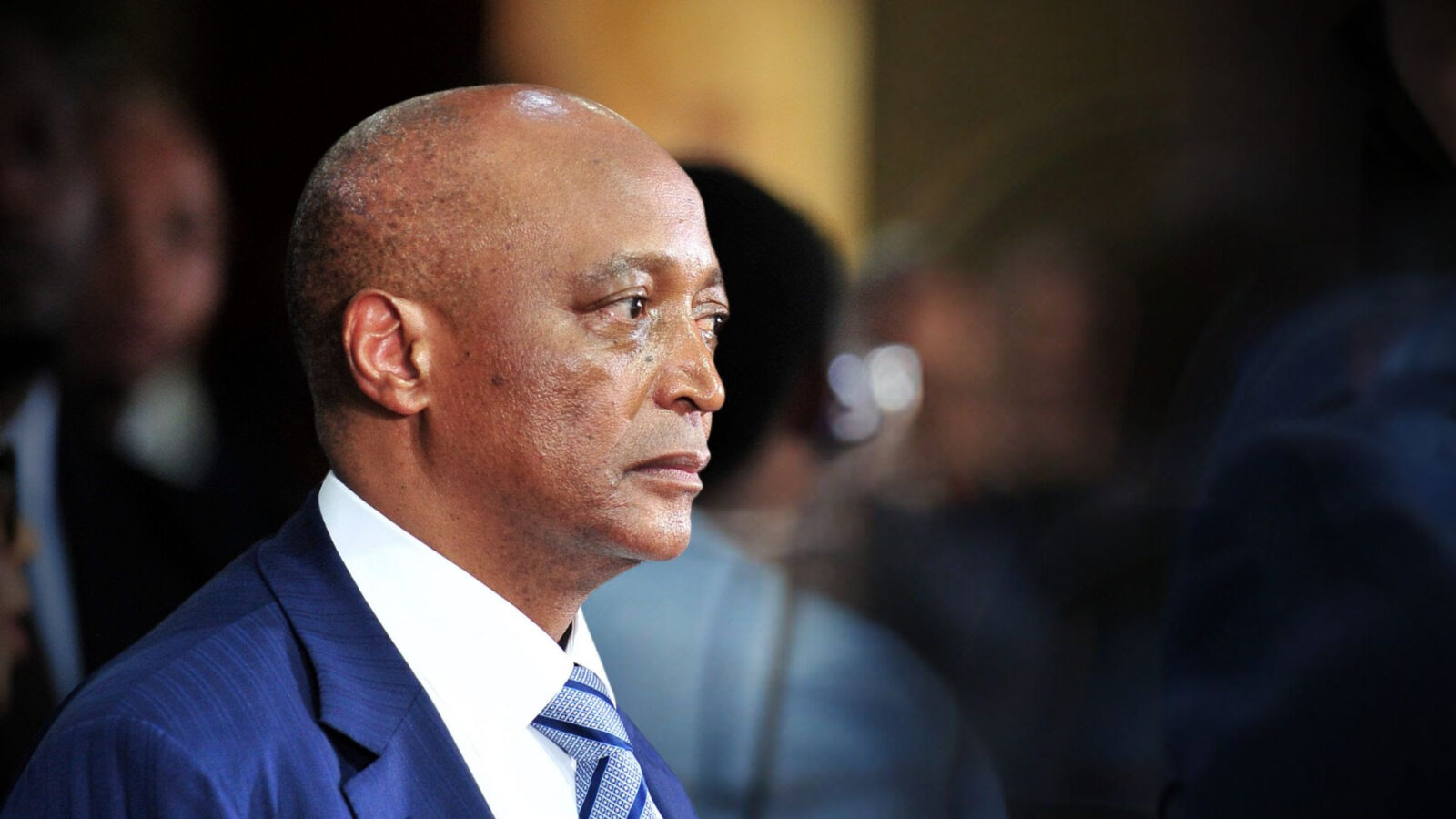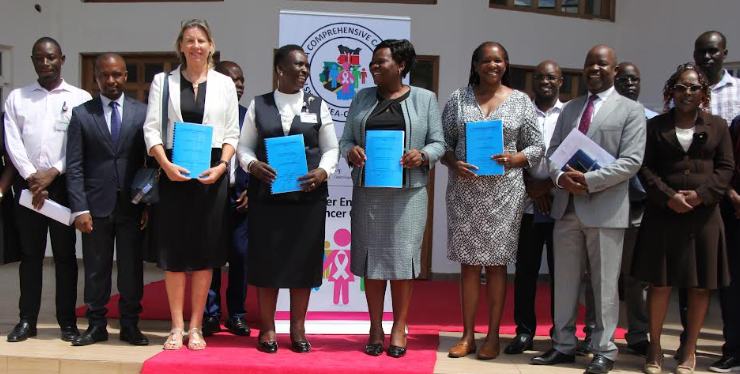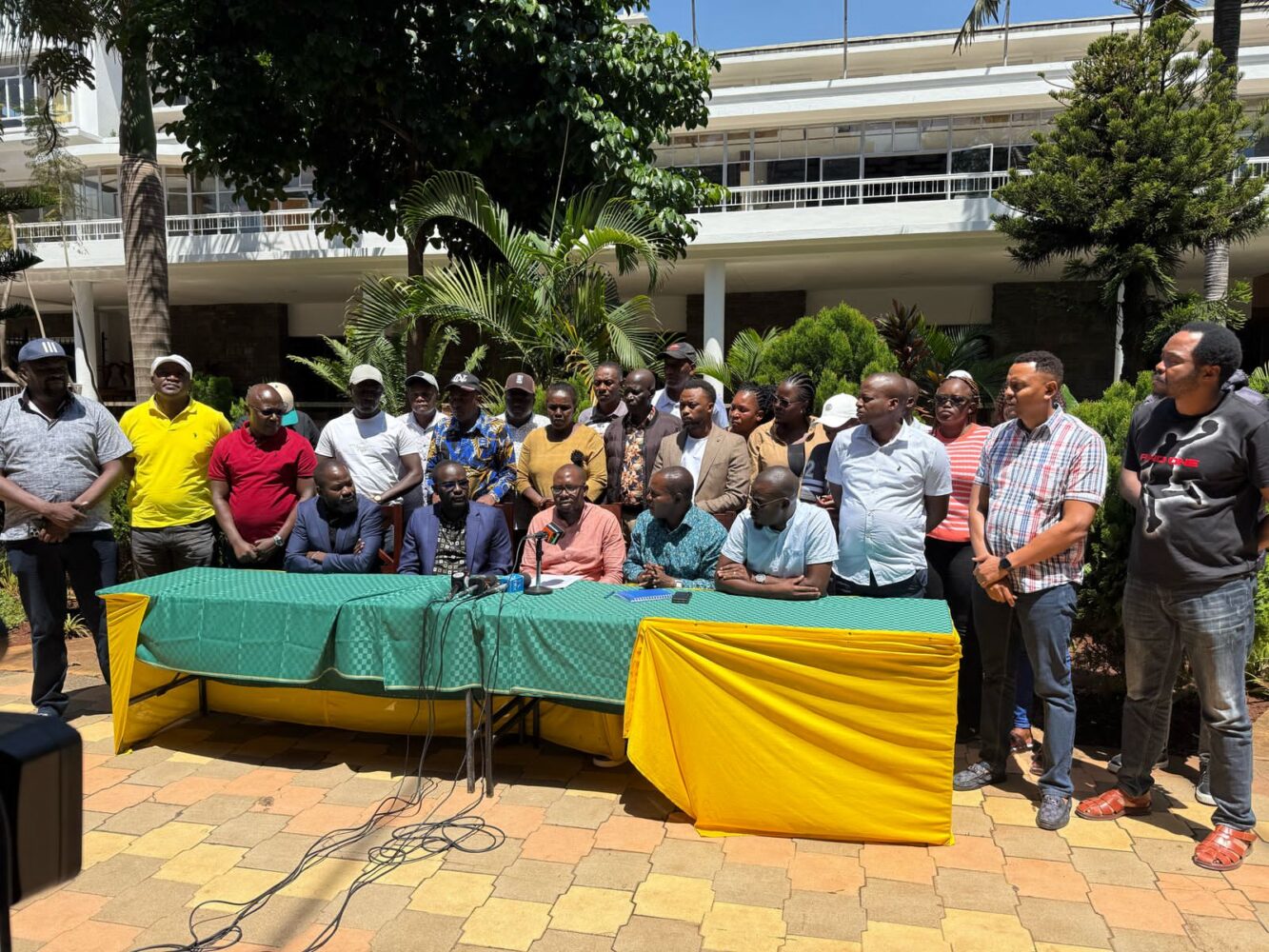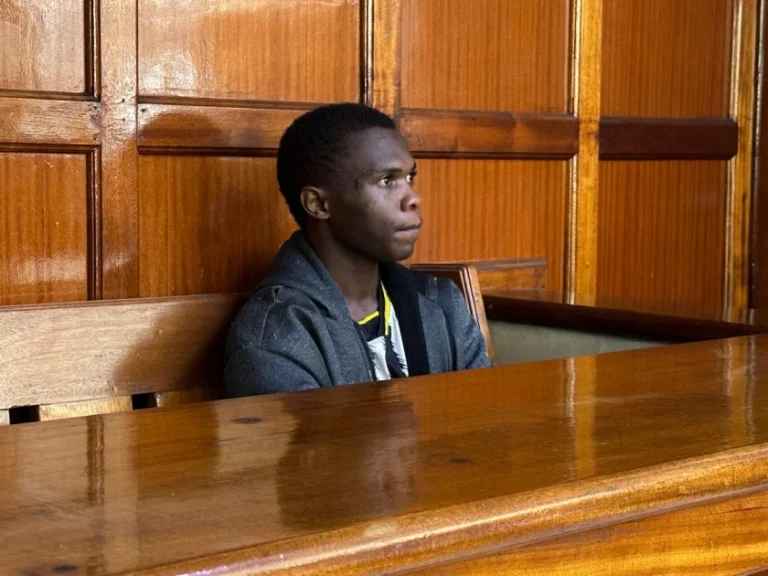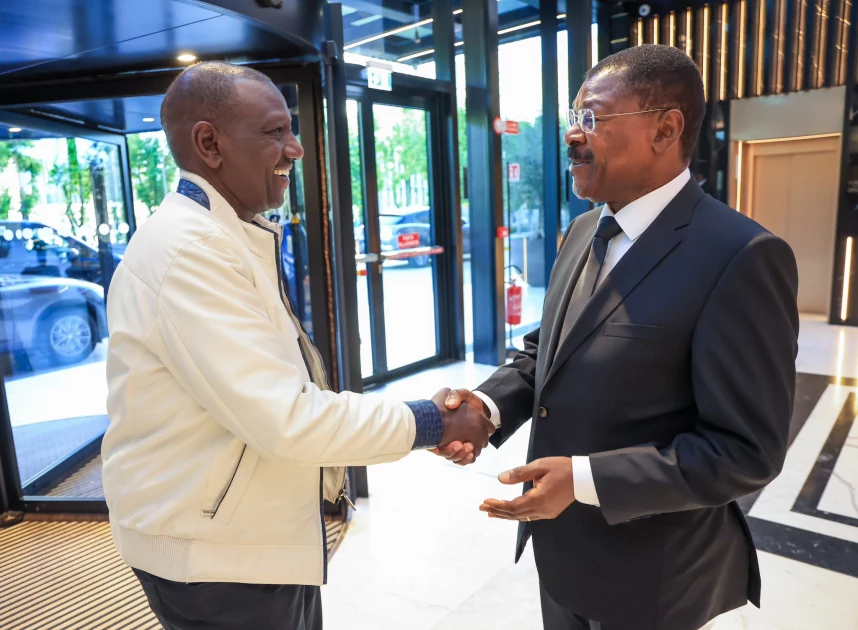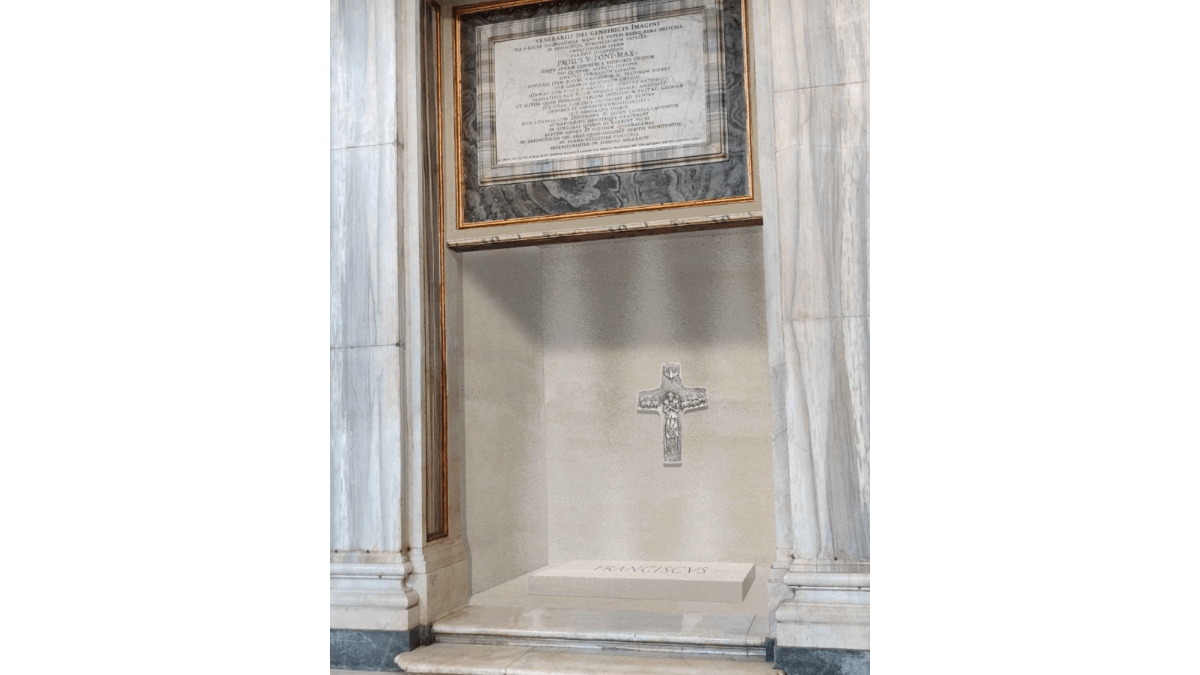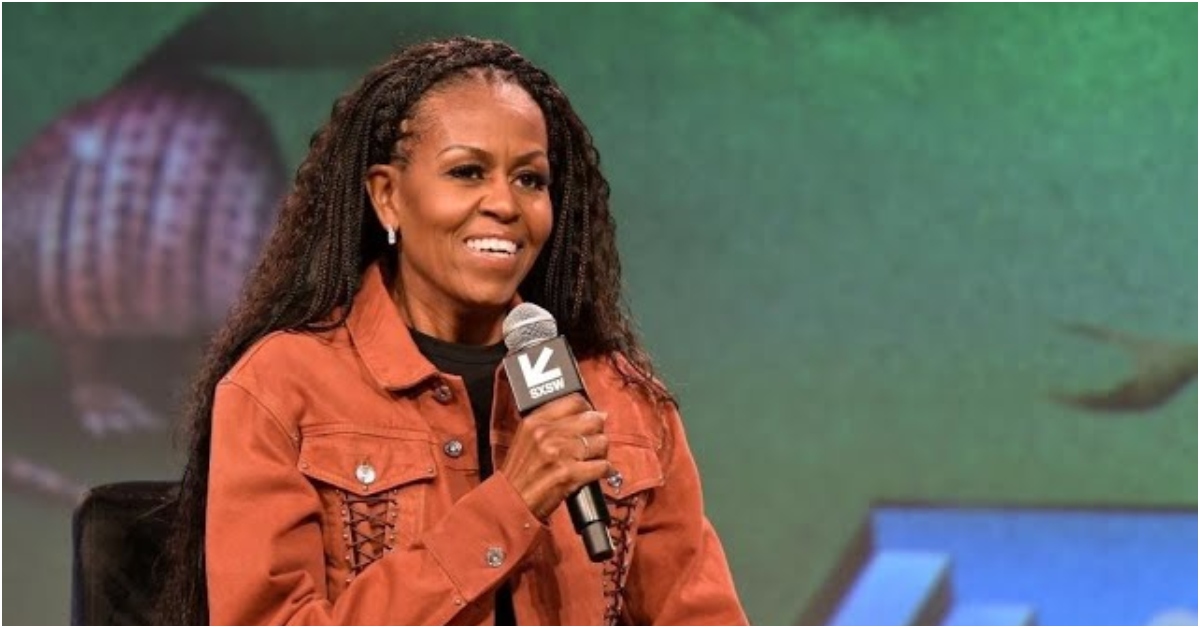Pope Francis has, for the first time, suggested the possibility of Catholic priests blessing same-sex unions on a case-by-case basis.
This marks a significant shift from his previous stance on the matter.

Gay unions are blessed
The Pope’s statement came in response to a letter, known as a “dubia,” from five conservative cardinals within the Catholic Church.
Cardinals, Walter Brandmuller, Raymond Leo Burke, Juan Sandoval Iniguez, Robert Sarah, and Joseph Zen Ze-kiun, had raised formal questions regarding the Church’s teaching and the Pope’s intentions.
They particularly inquired about the potential blessing of same-sex unions and the ordination of women as priests.
READ ALSO: Kerry Washington praises Uganda for unforgettable journey
Initially, the Pope’s response did not satisfy the cardinals.
These prompted them to reword and resend their “dubia” on August 21, citing the gravity of the matter.
The Vatican then released a response, dated September 25 and signed by Cardinal Victor Manuel Fernández, the new chief of doctrine.
In this response, Pope Francis provided answers to the cardinals’ questions.
Further, reaffirming the Church’s recognition of marriage as a union between a man and a woman.
However, he left the door open for blessings of individuals in same-sex unions.
Emphasizing that such blessings should not convey a wrong concept of marriage.

Pope Francis remarks
This latest stance appears to contradict the Pope’s previous statement in March when he asserted that the Church could not bless same-sex unions as they would be blessing sin.
READ ALSO: Why China and Russia are worried about Kenyan-led security force to Haiti
It’s worth noting that this development aligns with a decision made by the German Church in March, where same-sex unions received Catholic blessings from several priests in Cologne.
However, he emphasized the need for a thorough study of the issue to educate those who doubt it and promote the participation of women in various leadership roles within the Church.

The Pope also addressed the upcoming meeting of Catholic bishops, acknowledging that both the hierarchy and the People of God could voice their opinions and participate in the Church’s journey.
He emphasized the importance of synodality as an essential aspect of the Church’s life and discouraged attempts to impose a specific synodal methodology on everyone.
This development has raised questions and concerns within conservative circles of the Church, particularly regarding the role of women and the consensus-based approach to Church teaching in the upcoming Synod in Rome.
Pope Francis’ evolving stance on these issues reflects the ongoing dialogue and debate within the Catholic Church.




